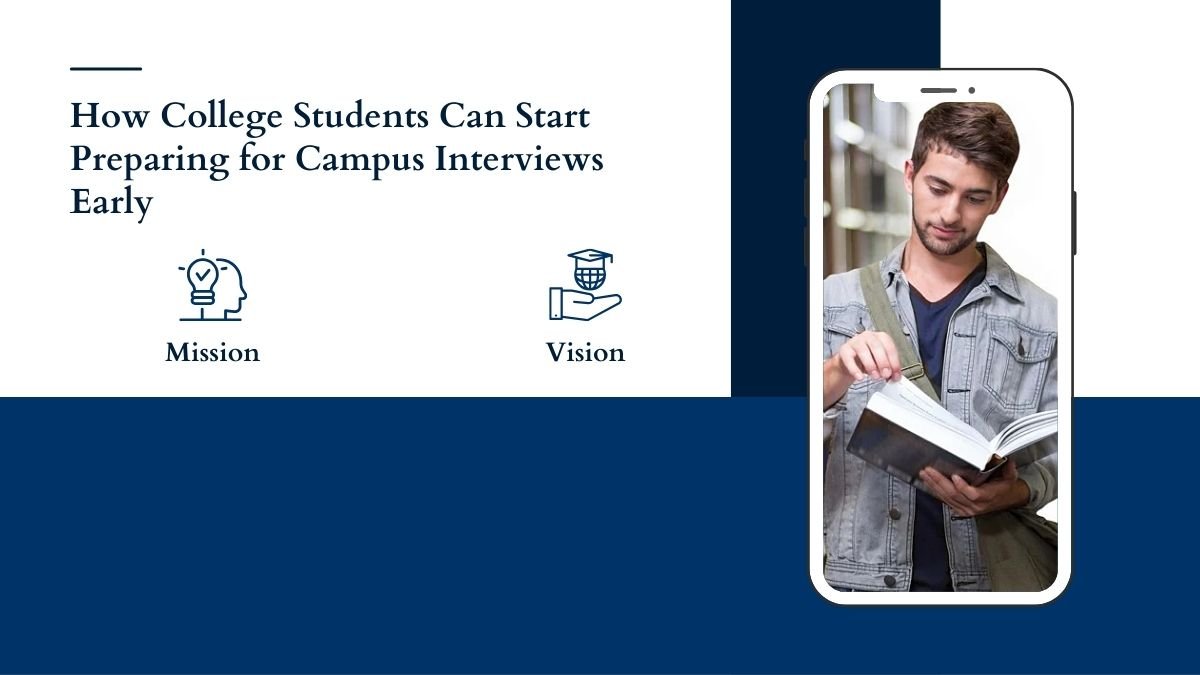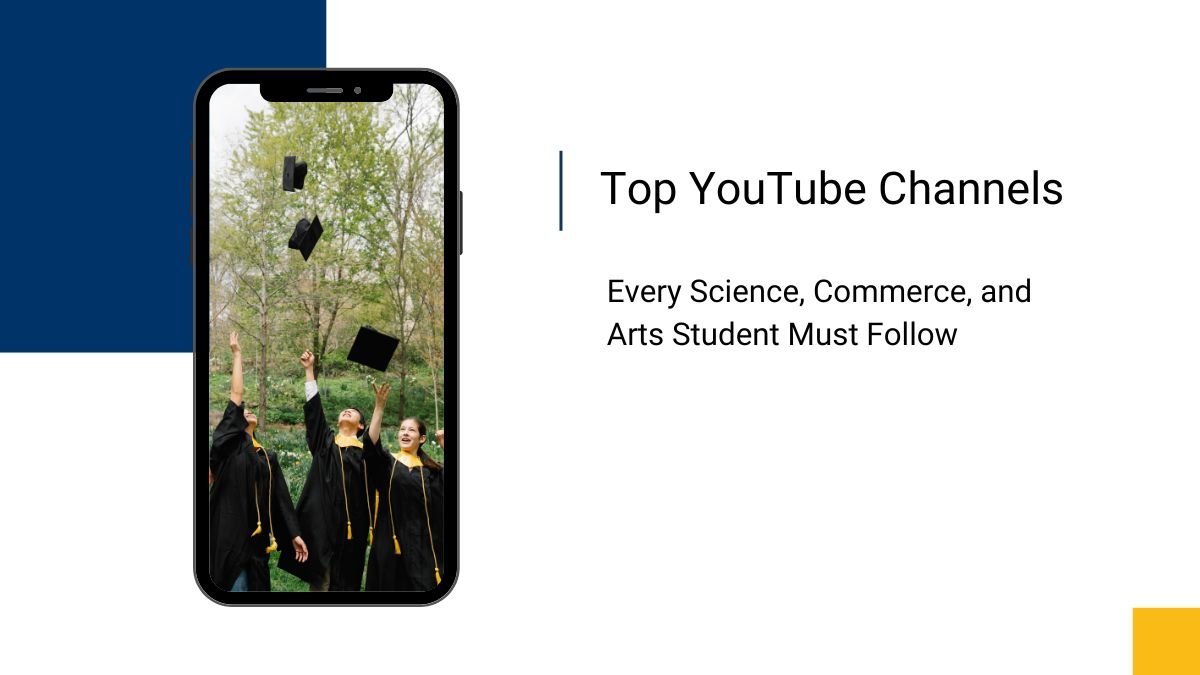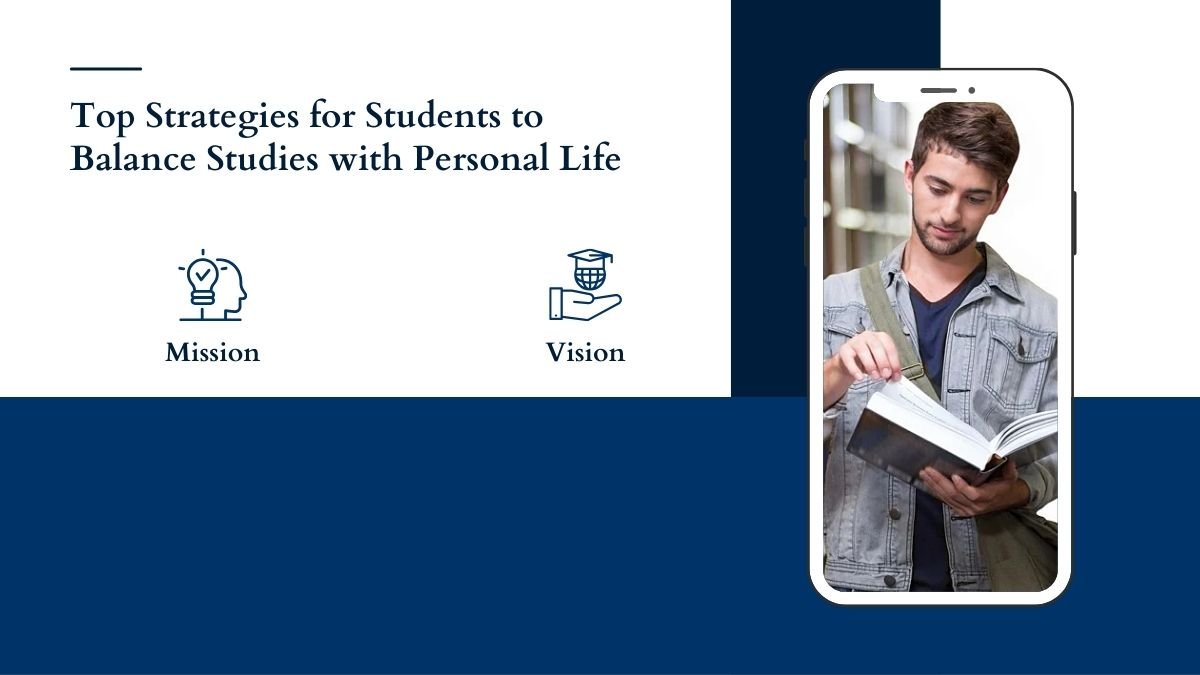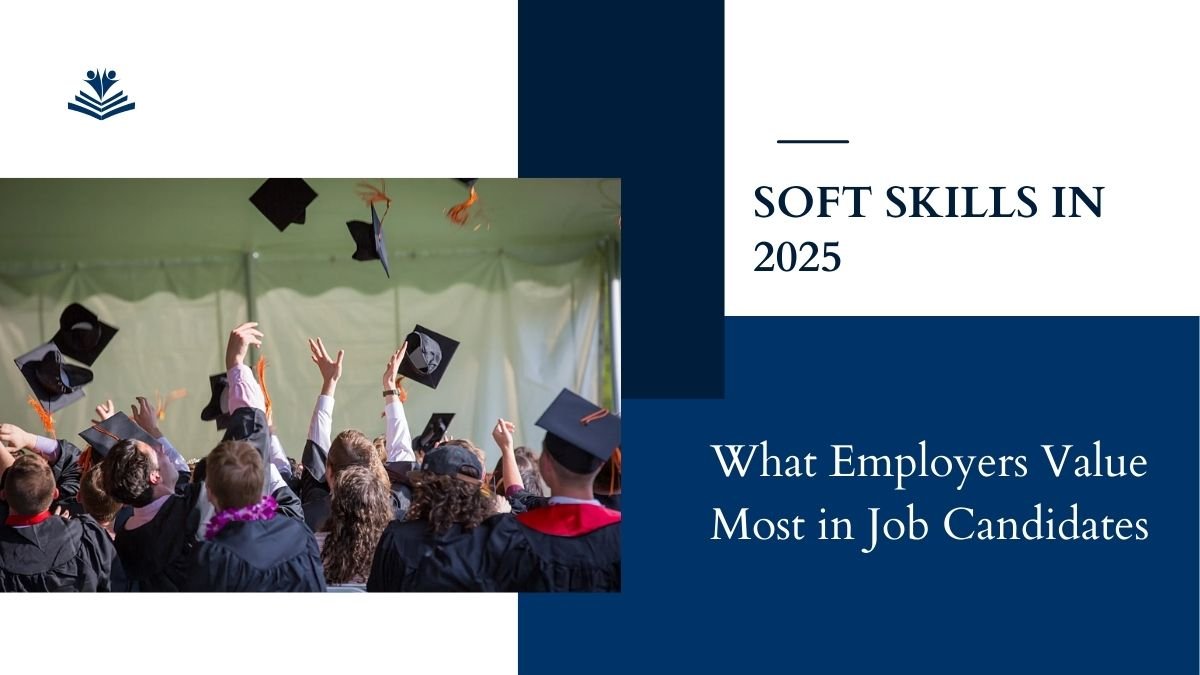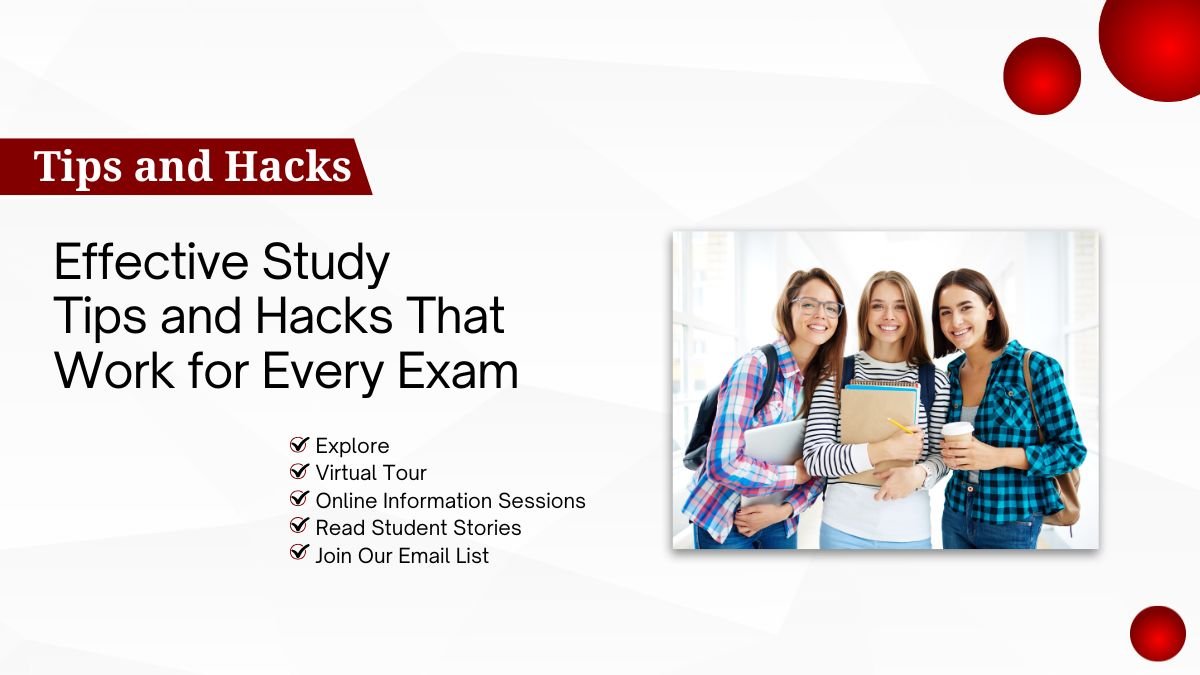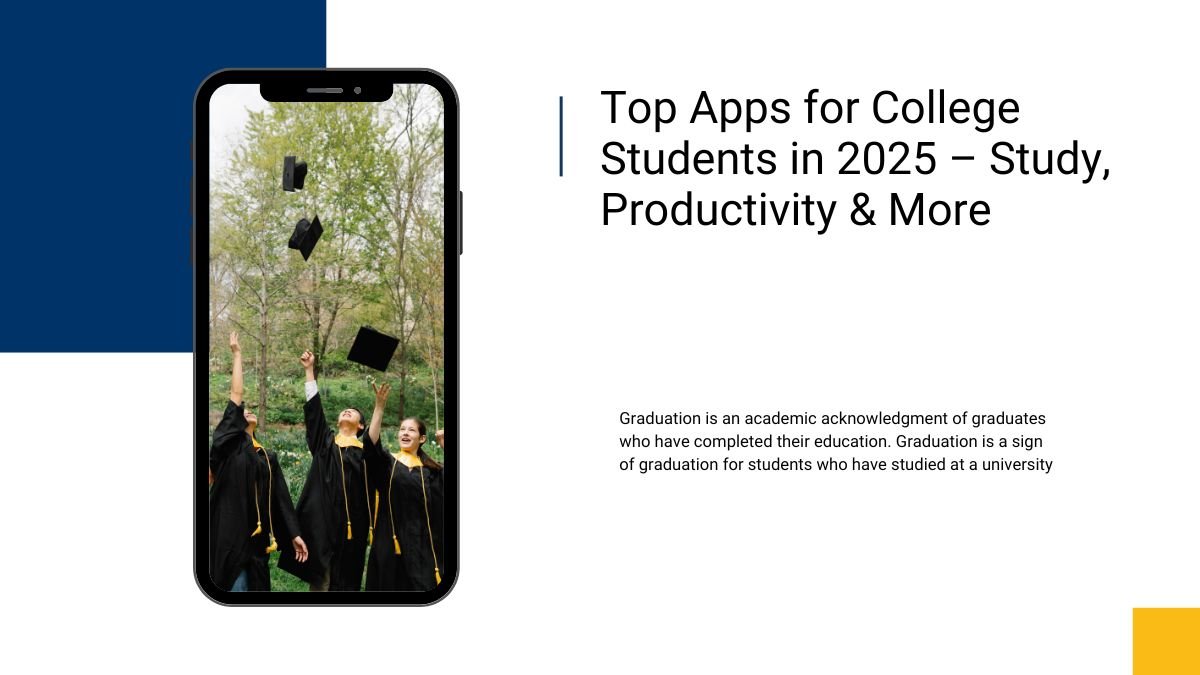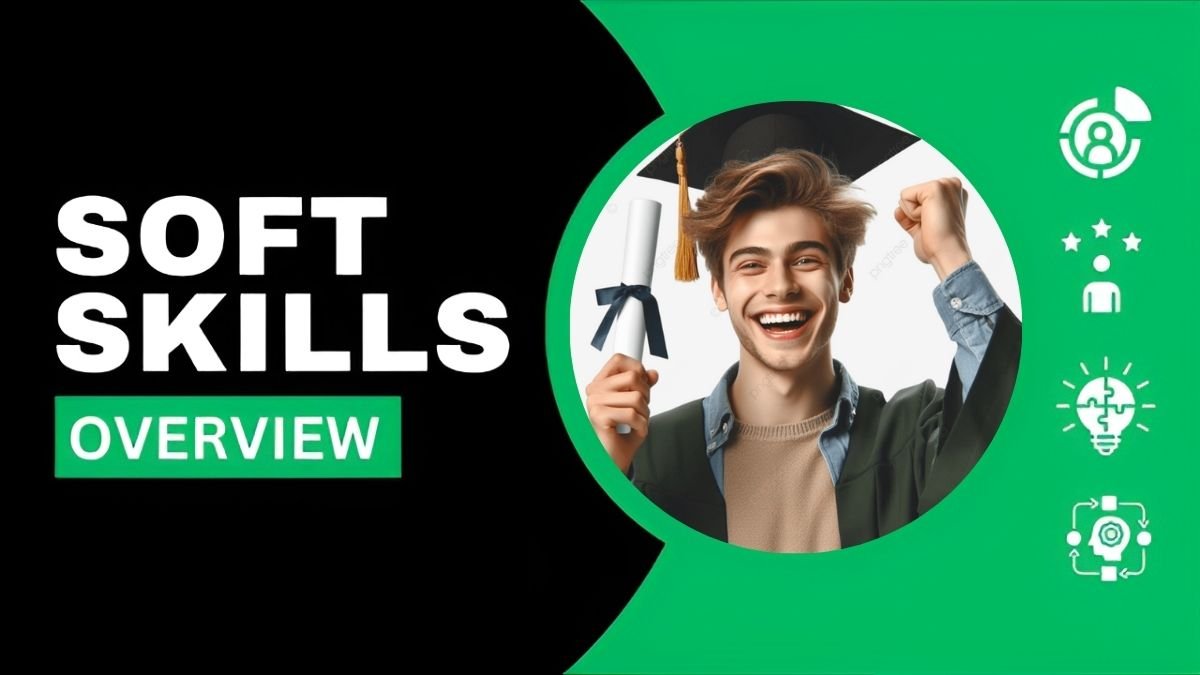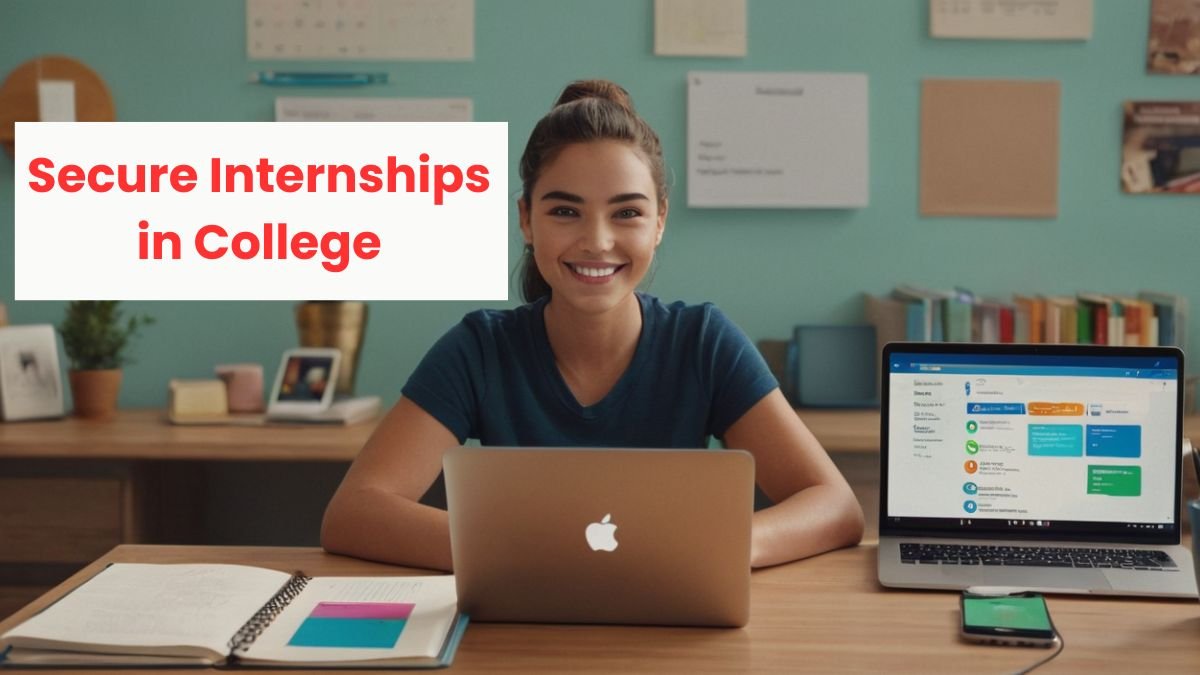How to Prepare for Campus Interview from the First Day of College?
College studies are a big experience in itself. Here studies, friendship, adjusting to the new environment and thinking about your career – everything goes together. But if you are doing a professional course like engineering, then campus placement becomes the most important stage of your life. Especially if you are studying in a good college, like Top Engineering Colleges in Coimbatore, then you have to stand out among hundreds of promising students there.
In such an environment, if you start preparing in the right direction from the first day of college, then later you will not have to panic during the interview. Rather, you will be able to perform well in every round with confidence.
Let us know in detail how to prepare for campus interview.
1. First of all – understand the placement process
The placement process of every college may be slightly different, but in most places companies follow almost the same steps.
- Pre-Placement Talk (PPT): In this stage, the company representatives come and introduce themselves. Here you get to know what the work culture of the company is like, for which profile the recruitment is being done and what kind of skills they expect from the candidate.
- Written Exam: In this, usually aptitude test, logical reasoning, quantitative ability, technical questions and sometimes English proficiency is also checked.
- Group Discussion (GD): In this round, your communication skills, teamwork and leadership are tested.
- Interview (Technical + HR): In this, both your subject knowledge and your personality are tested.
Example – If you are a computer science student, then in the interview you may get questions on data structures, algorithms, DBMS, coding and your projects. At the same time, HR can ask you why you want to join the company or what are your strengths and weaknesses.
2. Make a strong and professional resume
Resume is often called your first impression. Whenever a recruiter sees your documents, it will be the first thing he will read. Therefore, the resume should always be clean, simple and professional.
What to include in the resume:
- Name, email and mobile number
- A short Career Objective
- Education details (10th, 12th and college CGPA)
- Skills – both technical and soft skills
- Projects and internships
- Extra activities – like sports, clubs, workshops, volunteering etc.
Tip – Change your resume a little according to each company. For example, if the company is hiring data analysts, then highlight your data-related skills and projects more in it.
3. Strengthen your grip on technical knowledge
Technical knowledge is very important for engineering students.
- Focus on core subjects: Like OOPS, DBMS, OS, Algorithms and Networking in Computer Science.
- Practice coding: Solve at least one or two questions daily on websites like LeetCode, HackerRank, GeeksforGeeks.
- Take mock tests: This will help you understand the exam environment and identify your weaknesses.
Example – If you give just 1 hour daily to coding, then by the end of the semester you will have practiced hundreds of questions. This practice will give you the greatest confidence during the interview.
4. Practice group discussion
GD is a mandatory round before the interview in many companies. Its preparation is as important as that of the written exam or interview.
- Read current affairs: Make a habit of reading newspapers or watching news so that you have a perspective on every topic.
- Speak with confidence: Whenever you get a chance, participate in class discussions. Gradually you will become comfortable speaking in front of everyone.
- Show teamwork: GD is not just for arguing. Here it is seen whether you listen to others or not and how you take the discussion forward together.
Example – If the topic is “Is Artificial Intelligence a threat or an opportunity?”, then you can give a balanced opinion. First tell its benefits, then the dangers, and finally give your personal opinion.
5. How to prepare for the interview
Interview is mainly divided into two parts – Technical and HR.
- Technical Interview:
- Revise your projects thoroughly. You should be able to explain which problem you solved and how.
- Revise the core subjects again and again.
- HR Interview:
- Prepare for common questions, like Tell me about yourself, Why should we hire you?
- Check the company’s website, understand their vision and work culture.
- Always be positive while answering.
6. Also pay attention to soft skills
Only technical knowledge is not enough. Companies want students who have good communication skills, teamwork and problem solving ability.
- Communication skills: Gradually practice speaking and writing English.
- Leadership: Try being a team leader in college projects.
- Problem solving ability: Whenever you face any problem, think about how you solved it and use it as an example in the interview.
7. Take advantage of training and workshops
Most colleges conduct mock interviews, resume writing workshops and personality development sessions from time to time. Do not take them lightly.
From here you will get direct experience of how to sit in an interview and what kind of questions are asked.
Take advice from seniors. They have already seen this whole process, so their guidance is very useful. It can be valuable.
8. Learn to network
Networking means connecting with the right people.
- Connect with alumni: Talk to students who have already got placements and understand their preparation methods.
- Stay connected with the placement cell: The first information about the visiting schedule, test pattern and important updates of each company is received from there.
9. Choose companies wisely
Not every company can be right for you.
- Target companies according to your skills and interests.
- Make your resume and application a little different according to each company.
10. Stay positive and don’t give up
It is not necessary that every student gets placement in the first attempt. Sometimes an interview can go wrong. But this is not defeat, but an opportunity to learn.
Example – If you failed in a company, think about where you went wrong. Don’t repeat the same mistake next time.
Conclusion
Campus placement is not limited to studies only. Your personality, confidence, communication, teamwork and technical preparation all matter in this.
If you take small steps from the first day of college, you will be fully prepared when the companies come.
- Have faith in yourself
- Keep preparing a little bit every day
- Always think positive
Remember, passing a campus interview is not just a means to get a job, but it is a step that determines the direction of your entire career. With the right preparation and confidence, you can start a great career.
